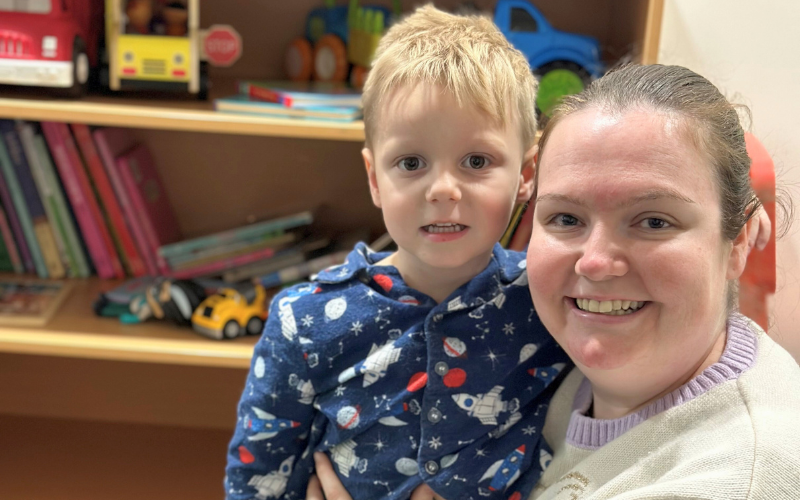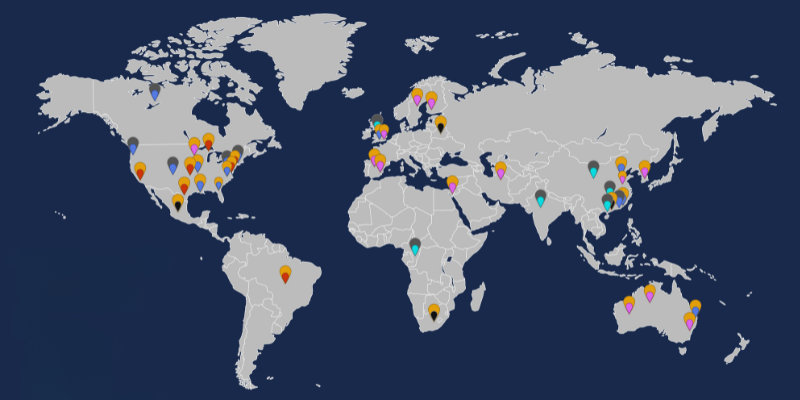Search

News & Events
Vertex grant to support research into treatment strategies for cystic fibrosis lung diseaseDr Daniel Laucirica, a research officer with the Wal-yan Respiratory Research Centre, will undertake new research into potential treatment strategies to prevent lung damage in people with cystic fibrosis (CF), under the mentorship of Associate Professor Anthony Kicic - made possible by a Vertex Cyst

News & Events
Respiratory research program recruits 400th participant, marking key milestoneIn September 2024, the Western Australian Epithelial Research Program (WAERP) reached a significant milestone by recruiting its 400th participant.

News & Events
Kids Easy Breathing Study KickstartsThe Kids Easy Breathing Study kickstarts this month, with the aim of finding out how the airway surface is different between infants who develop chronic lung disease after contracting bronchiolitis compared with those who don’t.

News & Events
Study shows climate change will devastate children’s health without fast global actionIncreased numbers of preterm births, higher incidence of respiratory disease and death, and more children in hospitals are some of the stark health outcomes the world is facing from the impacts of extreme climate change.

News & Events
Unique twin study reveals clues to childhood allergiesA study published in Science Advances has revealed that while genetics play a significant role in shaping children's immune systems, environmental factors also influence key immune responses, offering opportunity for preventing allergic diseases.
